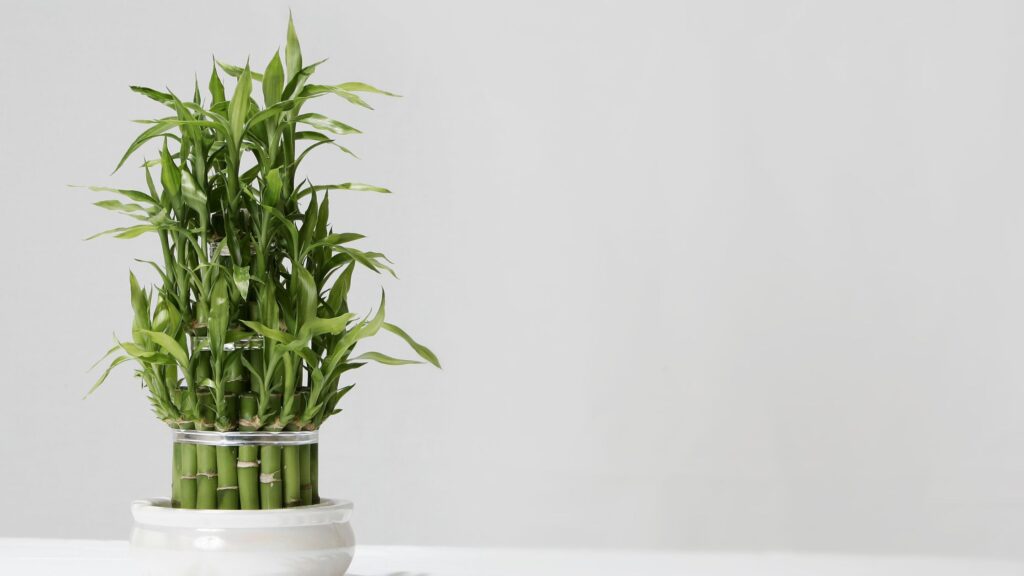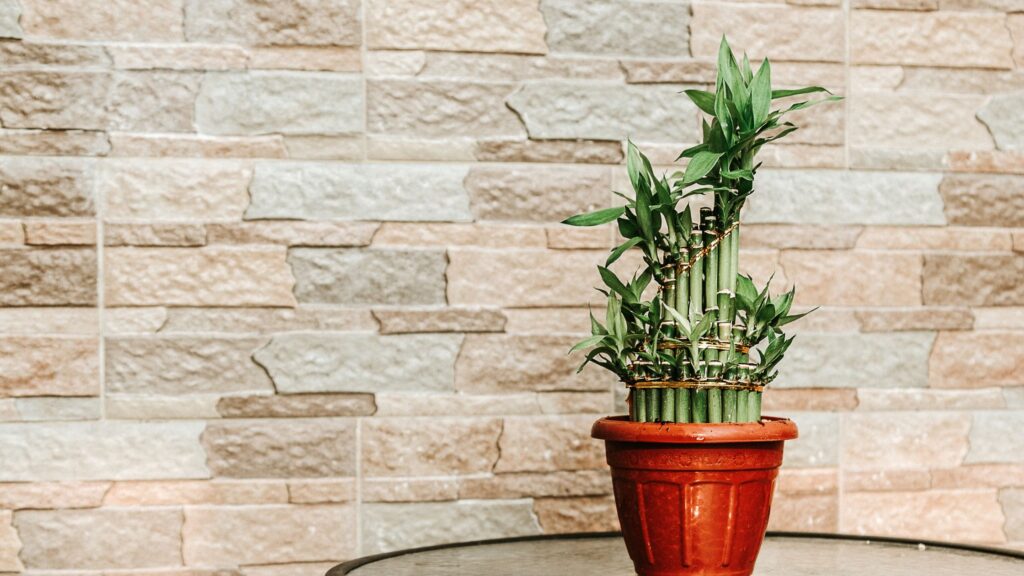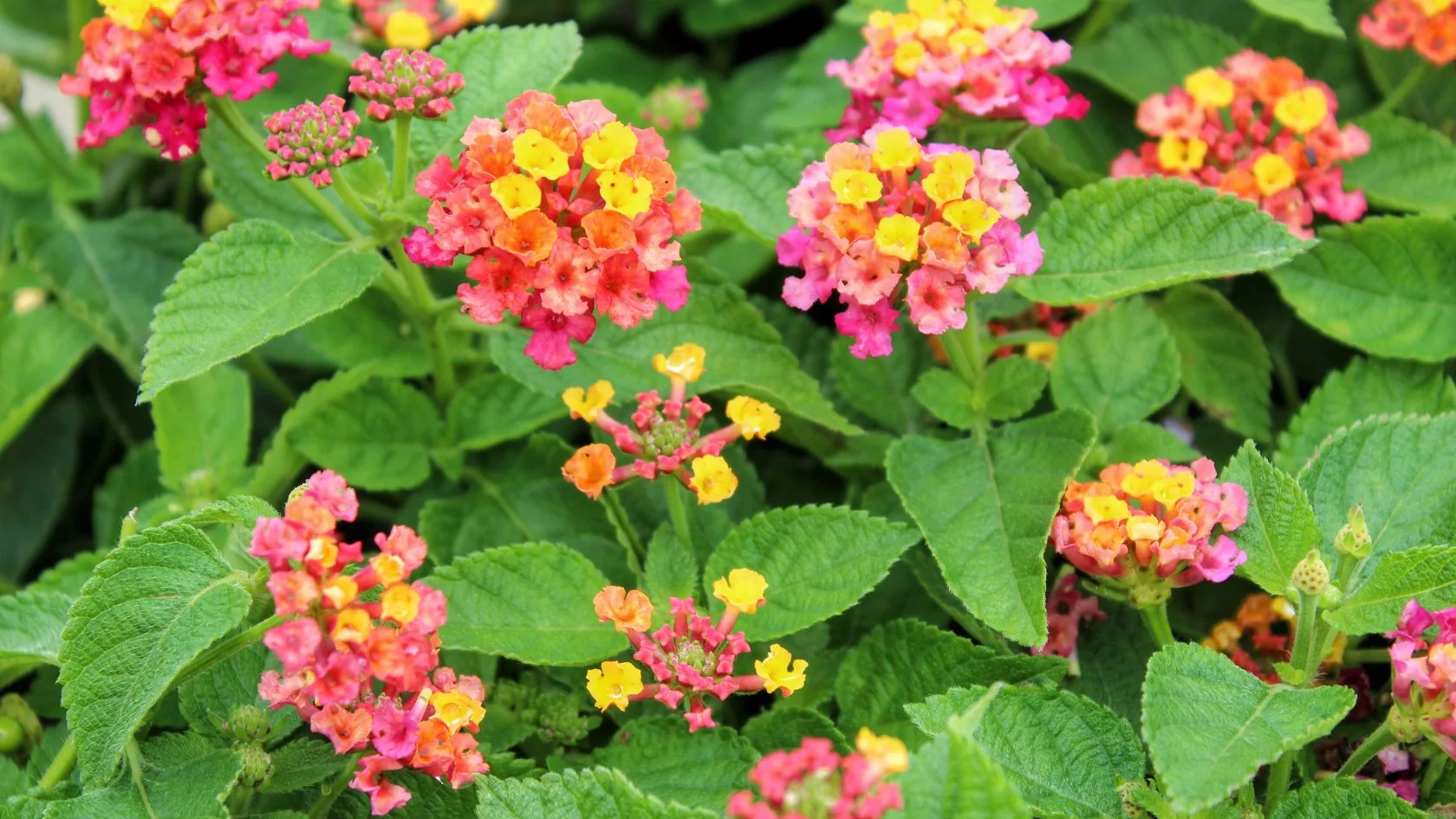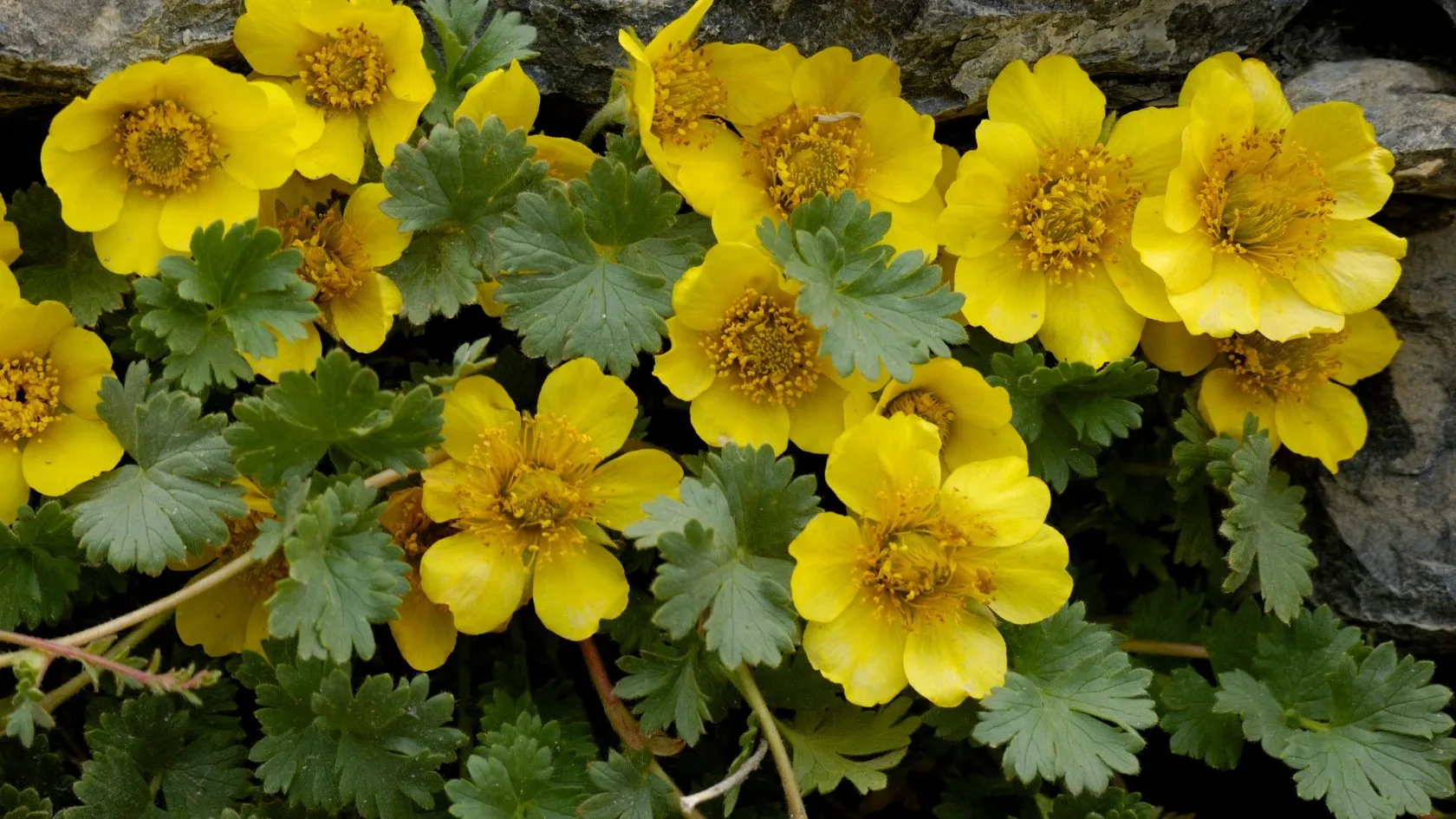The Brazilian Lucky Wood Plant, also called Money Tree Wood or simply Lucky Wood, isn’t actually a specific botanical species. It’s a term used for several plants sold as lucky charms, particularly Schefflera arboricola (dwarf schefflera) or Pachira aquatica (money tree).

Brazilian Lucky Wood Plant Care
The Brazilwood (also known as Pernambuco Wood) is a fascinating plant with rich cultural and historical significance. Let’s explore how to care for this unique species:
- Water:
- Brazilwood requires consistent moisture but not excessive watering. Here’s a guideline:
- Water your Brazilwood approximately 0.8 cups every 9 days when it doesn’t receive direct sunlight and is potted in a 5.0″ pot.
- Use our water calculator or consider using Greg, a plant care intelligence tool, for more personalized recommendations based on your environment.
- If your Brazilwood gets direct sunlight, adjust the watering frequency accordingly.
- Brazilwood requires consistent moisture but not excessive watering. Here’s a guideline:
- Light:
- Adequate light is crucial for Brazilwood’s well-being.
- Place your Brazilwood less than 3 feet from a south-facing window to maximize growth potential.
- If it receives less than 3 feet of light from a window, it may struggle and drop leaves.
- Nutrients:
- Most potting soils come with sufficient nutrients for initial growth.
- As your Brazilwood grows, it will eventually deplete the nutrients in its soil.
- Report your Brazilwood after it doubles in size or once a year, whichever comes first, to replenish nutrients.
- Humidity:
- Brazilwood prefers a dry environment. Avoid excessive humidity or misting, as it can create conditions conducive to harmful fungi growth.
- Soil:
- Choose a potting soil that retains moisture while still draining well.
- Opt for soil with organic matter, such as coco coir or sphagnum moss, to keep your Brazilwood happy.
- Fertilization:
- Fresh potting soil contains all the necessary nutrients.
- Since plants primarily derive energy from sunlight, you shouldn’t need additional fertilizer if you refresh the soil yearly.

Brazilian wood plant India
The Brazilian Lucky Wood Plant (scientifically known as Dracaena fragrans) is a popular choice among plant enthusiasts for its unique appearance and reputed ability to bring good fortune to its owner. Let’s explore more about this fascinating plant:
- Description:
- The Brazilian Lucky Wood Plant features thick, cane-like stems topped with clusters of glossy, lance-shaped leaves.
- It is native to Africa but commonly found in Brazil and other tropical regions.
- When fully established, it can reach a height of 1-5 feet.
- The plant is considered moderately difficult to care for.
- It thrives in bright indirect light.
- The leaves should be misted when necessary.
- Suitable temperature range: 65°F – 85°F.
Brazilian Wood plant in Bangalore
Brazilian Lucky Wood Plant: This is a common houseplant that is not actually a specific species, but rather a marketing term for plants like Schefflera arboricola (dwarf schefflera) or Pachira aquatica (money tree). These are easy to care for and can be found at many plant nurseries and online retailers in Bangalore.
Brazilian Rosewood: This is the wood of the Jacaranda mimosifolia tree, which is not a plant typically grown indoors. However, the beautiful purple flowers of the Jacaranda mimosifolia tree are a common sight in Bangalore during the spring. The tree is also known as the Jacaranda or the Pink Shower Tree.
Brazilian Wood Plant Names in Other Languages
- Hindi: Braajeeliyaee Lakee Vud Plaant (ब्राजीलियाई लकी वुड प्लांट)
- Kannada: Brejiliyan Lakki Vuḍ Plāṇṭ (ಬ್ರೆಜಿಲಿಯನ್ ಲಕ್ಕಿ ವುಡ್ ಪ್ಲಾಂಟ್)
- Tamil: Pirēciliya Lakki Vūṭ Ālai (பிரேசிலிய லக்கி வூட் ஆலை)
- Telugu: Brejiliyan Lakkī Vuḍ Plāṇṭ (బ్రెజిలియన్ లక్కీ వుడ్ ప్లాంట్)
- Marathi: Brājhiliyana Lakī Vuḍa Plāṇṭa (ब्राझिलियन लकी वुड प्लांट)
- Malayalam: Braseeliyan Lakki Wood Plaantu (ബ്രസീലിയൻ ലക്കി വുഡ് പ്ലാൻ്ട്)
Brazilian Wood Plant Scientific Names
Brazilwood – Paubrasilia echinata (formerly Caesalpinia echinata)Ipe (Brazilian Walnut) – Handroanthus spp
Jatoba (Brazilian Cherry) – Hymenaea courbaril
Cumaru (Brazilian Teak) – Dipteryx odorata
Massaranduba (Bulletwood) – Manilkara bidentata
Sucupira – Bowdichia spp.
Garapa – Apuleia leiocarpa
Angelim – Dinizia excelsa
Tatajuba – Bagassa guianensis
Freijó – Cordia goeldiana
Copaiba – Copaifera langsdorffii
Cedar – Cedrela odorata



Fabulous, what a web site it is! This weblog presents useful facts to us,
keep it up.
thanks
What’s up mates, nice article and nice arguments commented at this place, I am in fact enjoying by
these.
thanks
Heya i am for the first time here. I found this board and I find It truly useful & it helped
me out much. I hope to give something back and help others like you aided me.
I every time emailed this web site post page to all my
associates, as if like to read it after that my friends will too.
You are a very bright person!